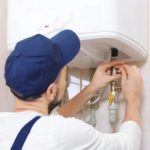As a device that provides hot water for daily living, hot and cold water heaters are in high demand, especially as the weather gets colder. Specifically, in addition to new buyers, families that already own a unit will also use it more frequently. Many families, especially those with elderly and young children, keep their hot and cold water heaters on for over 10 hours a day. Some families even keep their units on all day.
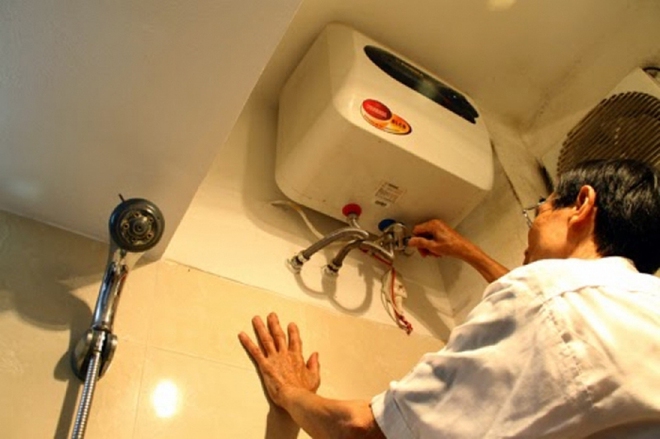
A hot and cold water heater is a familiar device in many households, especially in winter (Illustrative photo)
Despite their widespread use, many users are still careless when it comes to operating their hot and cold water heaters. HVAC experts advise that, in addition to the obvious risk of electric leakage, users should be cautious and immediately stop using their units if they exhibit any of the following signs: significant rusting of the unit, particularly in the wiring; unusual noises coming from the unit; water leaks or insufficient hot water…
These signs indicate that the hot and cold water heater in your home is worn out and seriously damaged, and it requires timely maintenance and repair.
Signs that indicate you should stop using your hot and cold water heater
1. Significant rusting of the unit
The components of a hot and cold water heater that are most susceptible to rusting include the wiring. This is because these components are mainly made of metal and are located in high humidity environments, such as bathrooms. Therefore, over time, rusting is inevitable.
Rusting wires can break, fray, and leak, posing a safety hazard to users. In addition to the wiring, other components such as temperature adjustment knobs or screws may also need to be replaced if they are rusted.
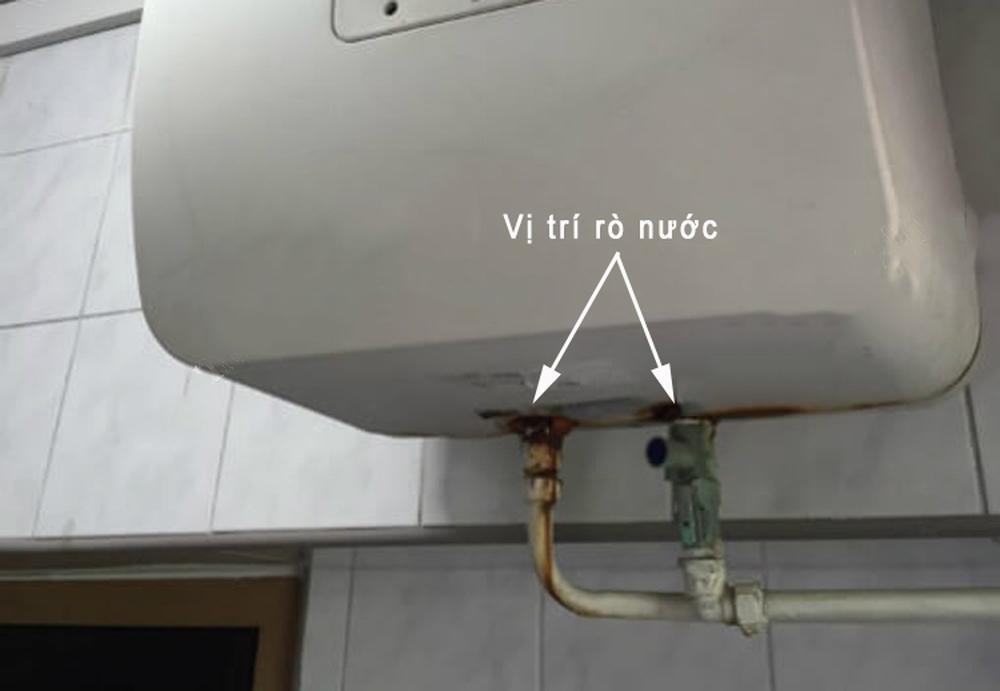
Illustrative photo
2. Unusual noises coming from the unit
There are several reasons why a hot and cold water heater may emit unusual or noisy sounds when in use. According to the Vietnam Electricity Group EVN, the two main reasons are impure water supply and a malfunctioning pressure reducing valve.
Of these two reasons, the latter is more dangerous. The pressure reducing valve of a hot and cold water heater releases excess steam when the water inside the unit is too hot. It ensures the safety of the user. Therefore, if this component malfunctions and the steam cannot escape, it can cause a loud noise. “Furthermore, when the steam cannot escape, the pressure inside the unit can become dangerously high and may result in an explosion,” EVN warns.
If you hear any unusual noises coming from your hot and cold water heater, turn off the power source and call a technician to replace the pressure reducing valve.
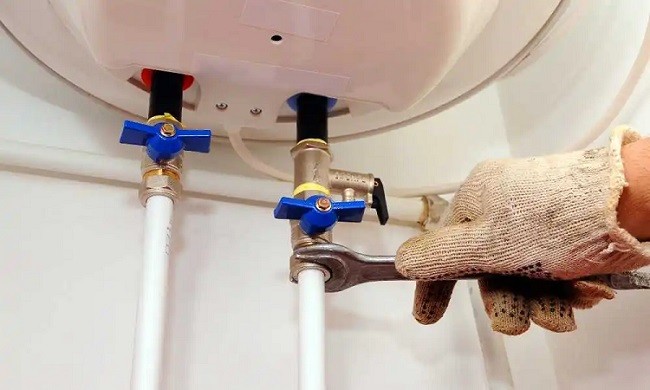
A malfunctioning pressure reducing valve is a serious issue (Illustrative photo)
3. Water leaks from the unit
In addition to the risk of electric leakage, water leaks from a hot and cold water heater can also pose a significant safety risk. This problem is mainly found in the water intake and piping areas. If the water pipe is leaking, it can cause the pipes to corrode and reduce the lifespan of the hot and cold water heater.
However, if the leakage occurs at the heating element, the danger is even greater. The leaked water in this area may have a yellowish color. Experts explain that water leakage in the heating element is one of the main causes of electric leakage, short circuits, and even explosions in hot and cold water heaters.
In addition, when the water tank is punctured or the rubber gaskets between pipes become loose, water leaks can occur. Before determining the cause of the electric leakage in your hot and cold water heater, turn off the power source, identify the location of the water leaks, and call a professional technician.
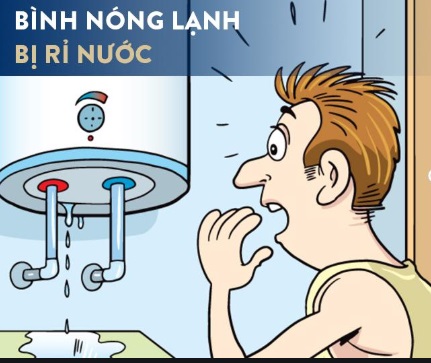
Illustrative photo
4. The water in the unit does not get hot
Many families experience situations where they keep their hot and cold water heaters plugged in for an entire hour, yet the water inside the unit does not get hot. The potential causes for this issue include unstable power supply, insufficient water in the unit, prolonged excessive load on the unit, unstable water pressure in the household, malfunctioning temperature sensors or heating elements, accumulation of dirt inside the unit, or damaged control buttons.
Among all of these causes, the lack of water in the unit is the most dangerous. Experts explain that when the unit is operated without water, it can damage the heating elements, cause fires, leaks, and even explosion.
If you notice any of the above signs in your hot and cold water heater, temporarily stop using the device and contact the supplier, retailer, or repair service for timely support. The most convenient option is to contact the place where you purchased the unit.
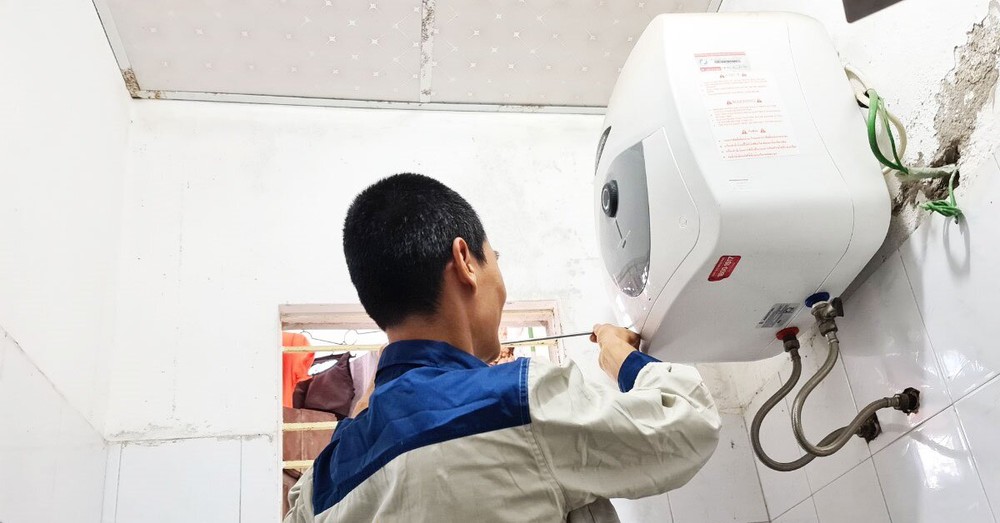
Illustrative photo
Source: Phụ Nữ Mới
























